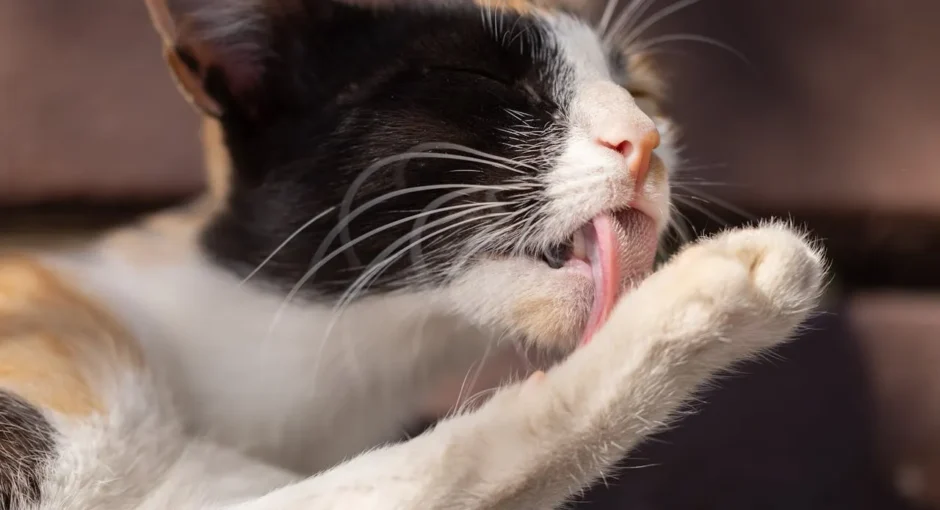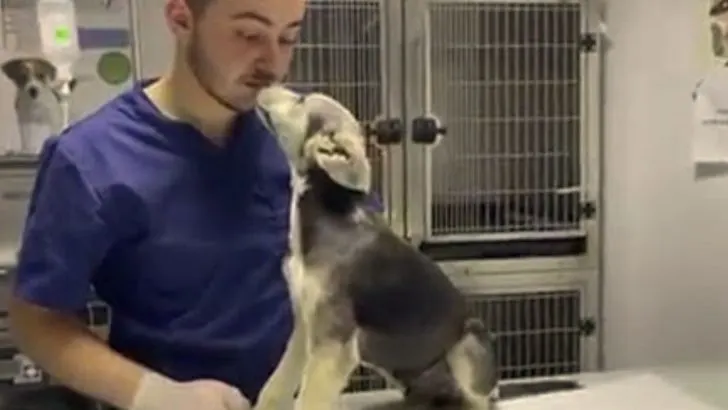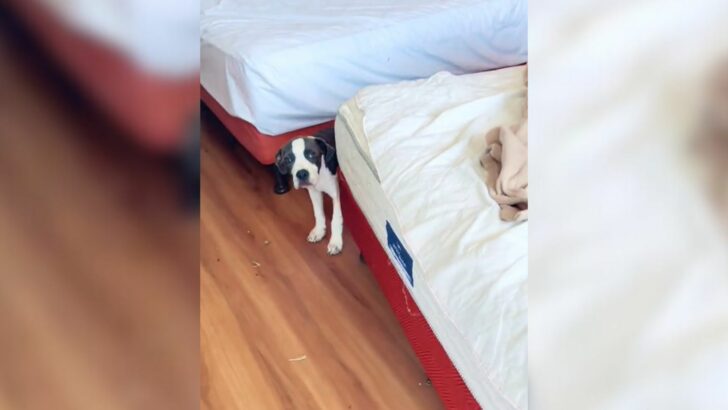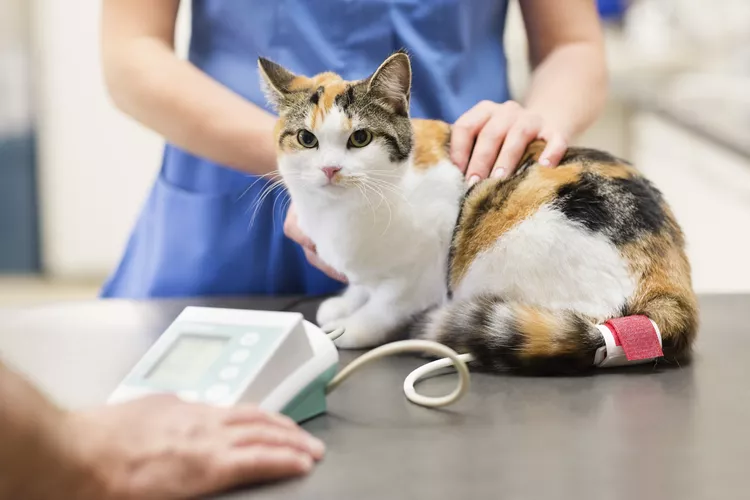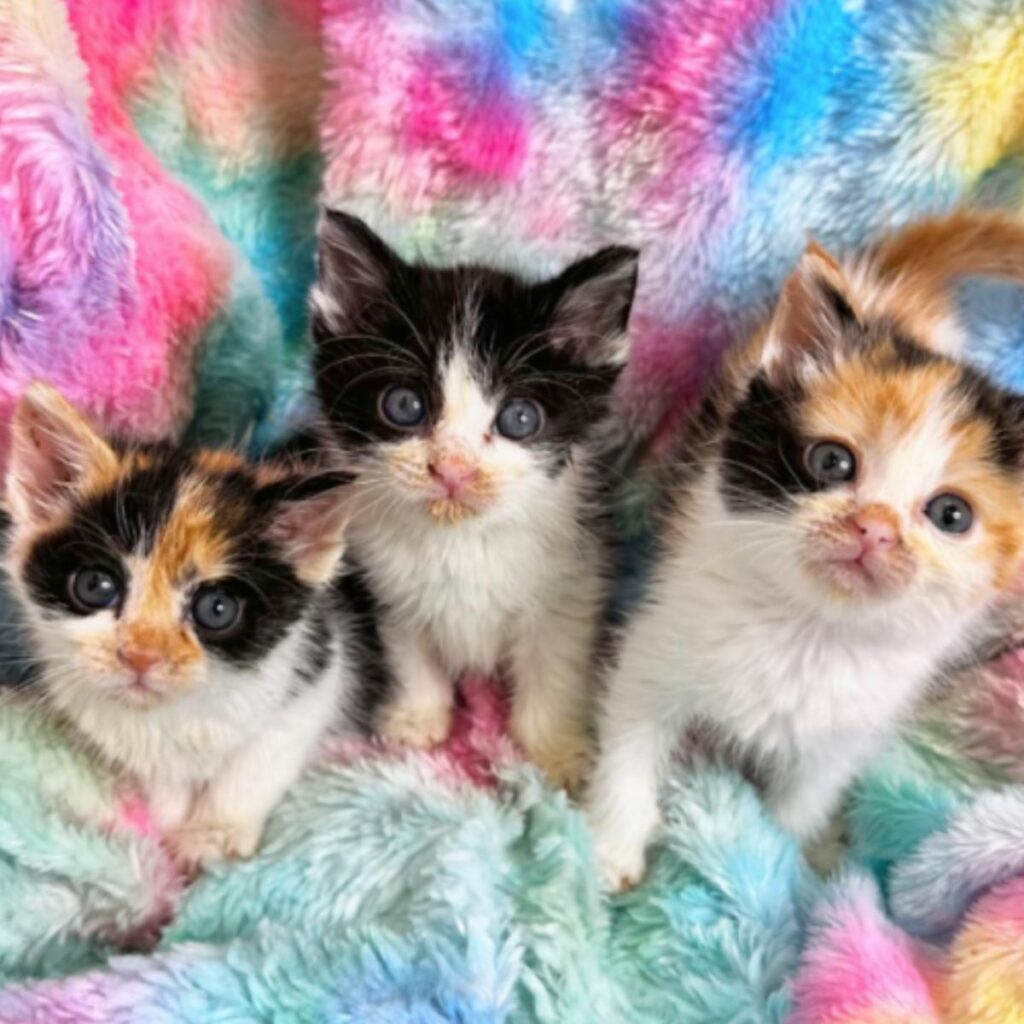Have you ever wondered why does my cat lick me? It’s a behavior that many cat owners find both endearing and puzzling. Cats have a unique way of expressing themselves, and their licking behavior is no exception. But what’s the real reason behind those slobbery kisses?
Showing Affection
One common reason why cats lick their owners is to show affection. This behavior is rooted in their early experiences with their mother, who would lick them both for grooming purposes and as a display of affection. Cats continue this behavior with their owners to establish social bonds and show their own affection naturally.
When a cat licks you, it’s their way of telling you that they care. It’s their version of a hug or a kiss. By grooming you, they are showing a deep level of trust and affection. This cat affection can help strengthen the bond between you and your feline friend. It’s their way of saying, “You are part of my family, and I love you.”
Cat bonding behavior is an important aspect of their social interactions. When a cat licks you, they are not only showing affection but also recognizing you as part of their social group. This behavior is particularly prevalent when cats are relaxed and comfortable in their environment. It’s a sign that they feel safe and secure in your presence.
Interestingly, this grooming behavior also has a practical purpose. Cats have barbed tongues that act like miniature combs. When they lick you, they are helping to keep your hair neat and clean, just as they would groom themselves.
So, the next time your cat gives you a lick, remember that it’s their way of showing you love, trust, and acceptance. Embrace the affectionate gesture, return it with pets and cuddles, and continue building a strong bond with your furry companion.
Stimulating Scent Glands
Cats have scent glands in their saliva, and licking their owners serves multiple purposes, including scent marking and establishing territorial behavior. When a cat licks its owner, it leaves its unique scent on the skin, signaling to other cats and animals that the owner belongs to them. This behavior helps cats mark their territory and identify their owners as part of their social group.
Scent marking through licking is a natural behavior for cats, as it allows them to communicate their presence and establish territorial boundaries. However, it’s important to note that this behavior can sometimes lead to territorial issues, especially in households with multiple cats or pets. Cats may become possessive of their owners and display aggressive or defensive behavior towards other animals.
Understanding the role of scent glands in cat territorial behavior can help owners manage their cats’ marking behavior. Providing each cat with their own resources, such as separate feeding areas, litter boxes, and resting spots, can help reduce territorial conflicts. Creating a harmonious environment where each cat feels secure and respected can minimize the likelihood of aggressive behaviors stemming from territorial issues.
Grooming
Cats are known for their meticulous grooming habits, spending a significant amount of time cleaning themselves. However, it may come as a surprise that cats also groom their owners as a way to maintain their hygiene and cleanliness. When a cat licks their owner, it is a form of mimicking their natural grooming behavior.
From the cat’s perspective, their owner is seen as part of their social group, and grooming them helps strengthen the bond and maintain a sense of cleanliness within the group. Just as cats groom themselves to remove dirt, debris, and excess fur, they extend this behavior to their owners.
A cat’s tongue has a rough texture, thanks to its backward-facing barbs. These barbs serve a functional purpose in grooming, as they help remove dirt and debris from their fur. So when a cat licks their owner, they are not only showing affection but also assisting in the cleanliness and hygiene of their human companion.
Grooming behavior in cats is not only essential for maintaining their own hygiene but also serves as a way to express care and affection towards their owners. It is a natural instinct deeply rooted in their social dynamics and innate self-care practices.
Hunger
In some cases, cats may lick their owners as a way to communicate their hunger. Cats have a strong sense of association, and they may link their owners to food. When a cat licks their owner, it could be their way of getting attention and expressing their need for nourishment.
If you notice your cat licking you excessively and displaying signs of hunger, it’s important to ensure that their feeding habits are adequate. Make sure your cat is receiving the proper amount of food and is on a regular feeding schedule. This will help meet their nutritional needs and prevent excessive licking as a hunger behavior.
Stress or Anxiety
Cats, like humans, can experience stress and anxiety, and they may exhibit certain behaviors as a way to cope with their emotions. One common behavior is excessive licking. When a cat is feeling stressed or anxious, they may resort to repetitive licking as a form of self-soothing.
Excessive licking can be a sign that something is troubling your cat. It’s important to pay attention to other signs of stress or anxiety, such as changes in appetite, hiding, aggression, or excessive grooming in other areas of their body. Understanding the underlying triggers can help you provide the appropriate support and care for your cat’s well-being.
If you notice that your cat is constantly licking you and displaying signs of stress or anxiety, it’s essential to identify the cause and take necessary action. Providing environmental enrichment, such as interactive toys or scratching posts, can help alleviate boredom and anxiety. Calming techniques, such as creating a quiet and relaxing space for your cat, can also be beneficial.
If the behavior continues or worsens, it’s advisable to consult with a veterinarian. They can assess your cat’s overall health and provide recommendations for managing stress or anxiety. In some cases, medication or behavior modification techniques may be necessary to help your cat find relief and improve their quality of life.
